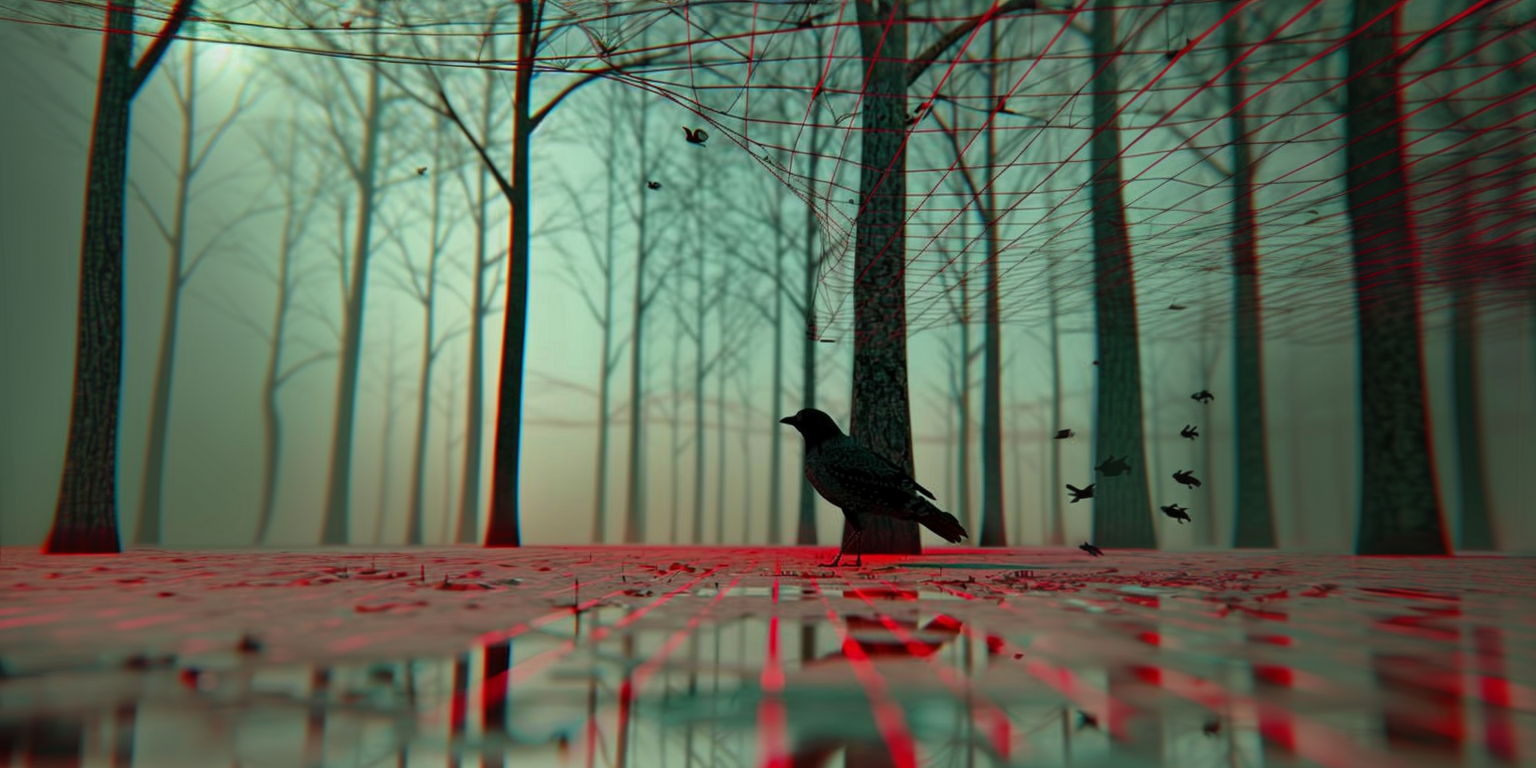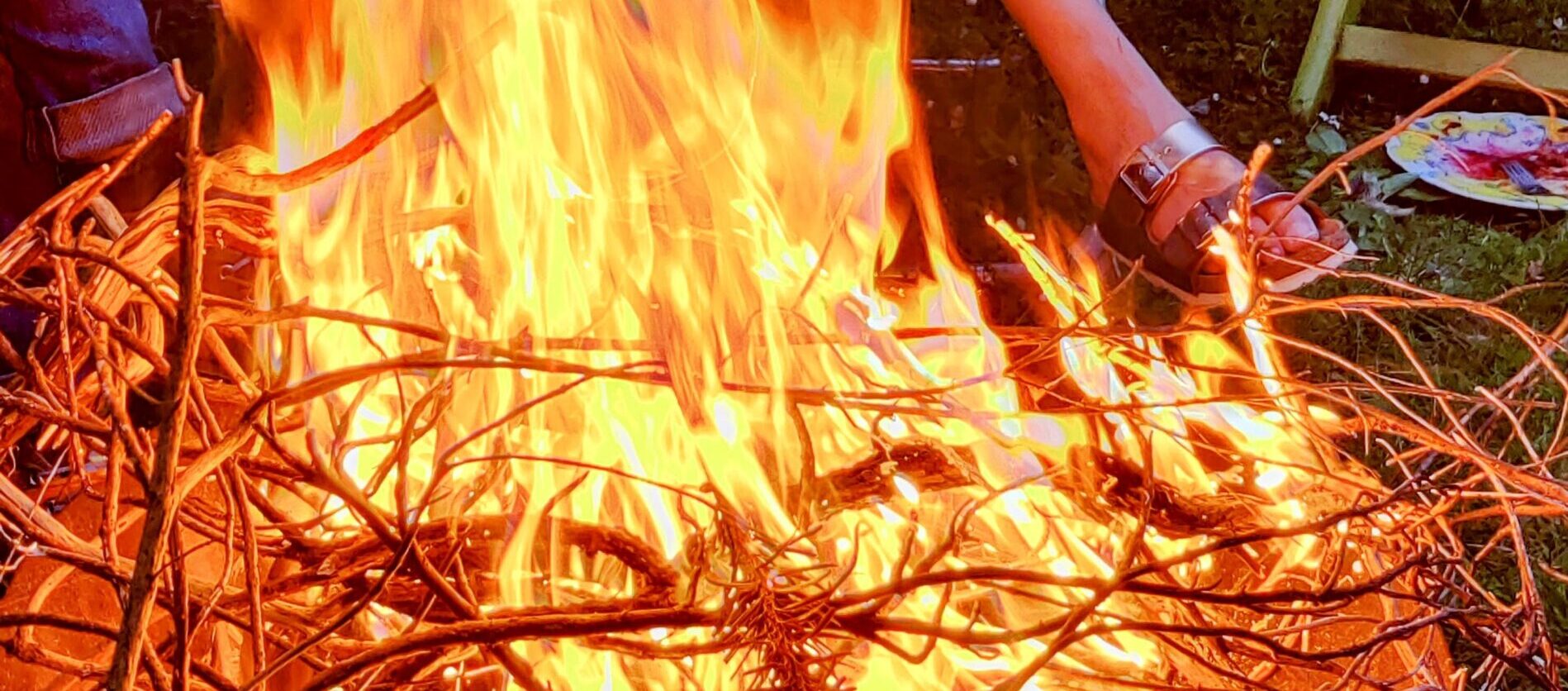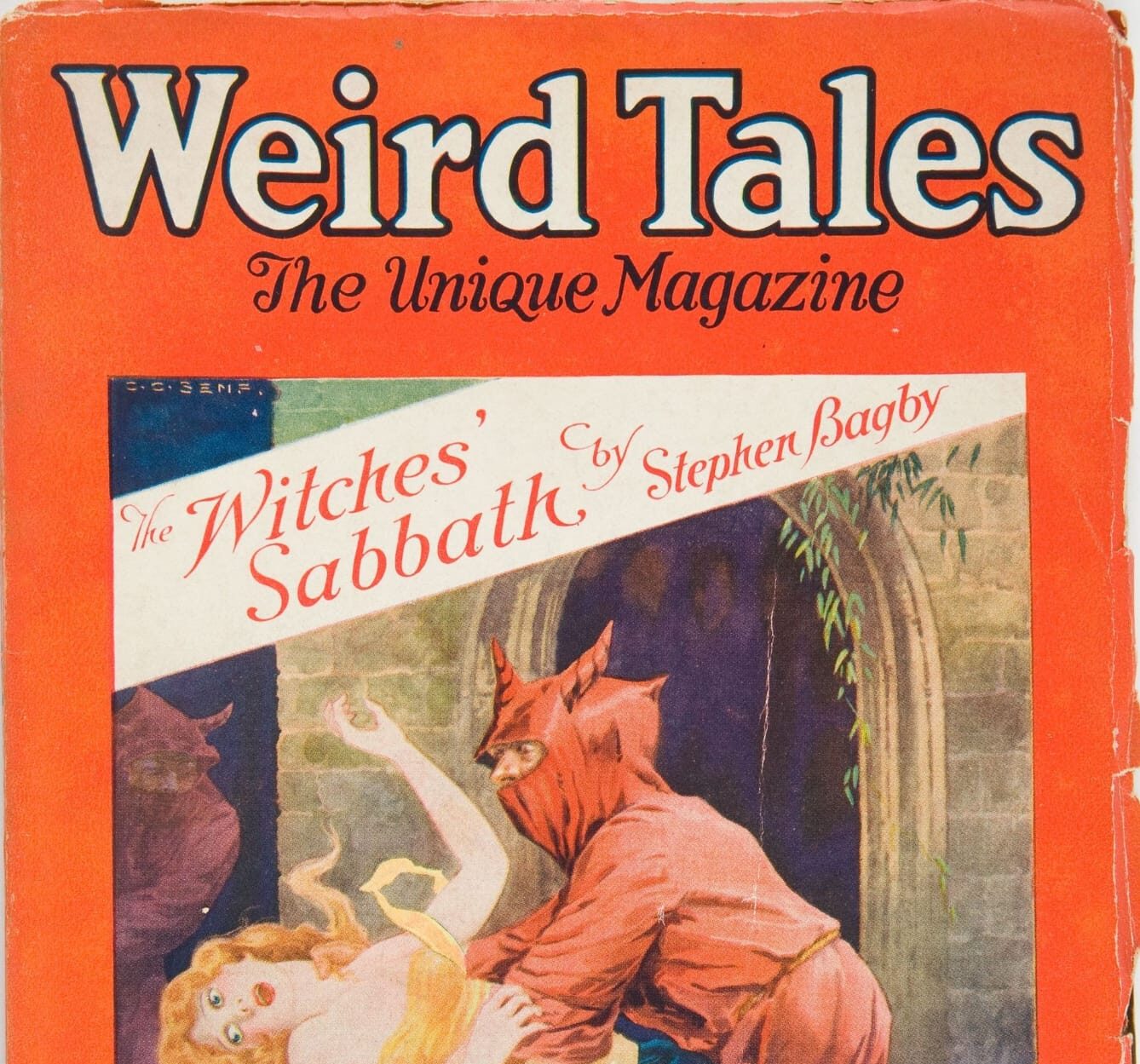In an earlier post, on ‘Trauma and Thauma’ I related a dream where I glimpsed a vast ancient structure like a dam, or a weir. Water would soon flood over it, endless tears of grief. I woke up with a howl of loss that came from the very depths of my being. The terror of the dream was not so much that it seemed to be a premonition, but that the great weir was designed for that purpose.
Grief is in the structure of reality.
I’ve also explored the idea that Mother Nature has a victim complex. The benevolent feminine is abused and persecuted by a dark masculine ‘other’, often identified with humanity. The supposed cure for this illness is love. Against the supposed toxic masculine stands an appeal for love, peace, motherhood, and indeed apple pie. “All you need is love”, as the Beatles sang. In Bob Dylan’s 2022 masterpiece ‘Murder Most Foul’, he situated the Beatles first US hit, ‘I Want to Hold Your Hand’ in relation to the Kennedy assassination shortly afterwards.
Hush, little children, you’ll understand
The Beatles are coming, they’ll hold your hand
Slide down the banister, go get your coat
Ferry ‘cross the Mersey, and go for the throat.
The underbelly of this neurotic splitting is that we disavow our own capacity for harm, driving it out into the wilderness and making it the object of our fear and hatred. As we destroy all other living creatures, so we sentimentalise animals in the form of plastic toys and cartoons for our children and ourselves. We insulate ourselves against the dark, but the true dark is not out there.
It’s here in the house with us.
Another anthem for modern times is the Bob Marley song, “One Love”. It has its counterpart, One Grief.
We cannot have love without grief. Whatever we love, we will lose. If we do not grieve our losses, then they stay with us, haunting us psychologically and even literally, in the form of lost spirits, unable to find their way home. In my talk to the Parapsychological Association I related the story of two car crashes, two accidental deaths, and two ungrieved losses, and explored how the consequences can reverberate not only to the end of life but through further lifetimes.
By contrast, the story of my doctor client in ‘Trauma and Thauma’, who accompanied a friend and his husband through agonising death, reveals the power of being present with grief. I have recently been collecting stories of other deaths, which I may write about in due course, those accompanied well and not.
And perhaps the point is not that we must do something about grief, but that we should share it, since it is all one grief. If I share in yours, I tend to mine.
Copyright © 2022 My Sunset by Bogdan Bendziukov.




